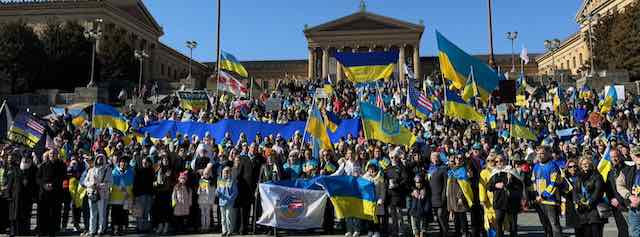I recently had a Red Rose Veterans Honor Guard service on a cold afternoon in Lancaster. We all arrived before our time to report. The time we gather is a half hour before the graveside ceremony begins.
We practice the ceremony for a few minutes. We concentrate on the very precise way we fold the flag. Then in a very military way, we wait. This particular ceremony happened right on time. I have been to others that were delayed from a few minutes to almost an hour.
All of us are required to leave our phones in the car, so we actually talk to each other. And we don't take selfies. I have my phone shut off in my jacket pocket because I ride a bicycle to the ceremonies. I am the only one who has ever ridden to the ceremonies, so there are no bike rules.
At the most recent ceremony I attended, I met another Tanker. He is younger than I am so we trained on and served in different tanks. But we still spent years in turrets and had a lot of fun talking about "the best job we ever had."
After I left the active duty Army at the end of1979, I grew a beard and was a civilian for almost two years. Then I joined a reserve tank unit for three years. I was not ready to re-enlist in the active-duty Army, but 12 weekends and two weeks in the summer sounded just right, especially because I could fire tank guns at least twice a year.
Now that I am well past any sort of military service, participating in a ceremony to honor fellow veterans a few times a month gives me a lot of joy, and just enough feeling of being back in the military.


































